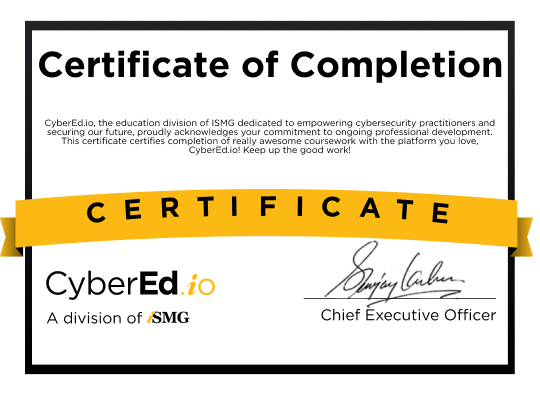Kapil Matta, James Wiles, Hussain AlKhalsan, Biju Hameed and Kausar Mukeri discuss strategies to mitigate human risk factors, improve communication and prevent security team burnout in Middle Eastern organizations.
The battle against cyberthreats is not solely technological, but profoundly human as well. In the Middle East, human factors were responsible for over 80% of hacks in 2023. Hence moving forward, creating a human-centric strategy is necessary. On the one hand, this means ensuring that cyber risk is understood at all levels; on the other hand, it means protecting security leaders from burnout.
In this session, Kapil Matta, governance risk and compliance - group manager at Agthia Group, will discuss:
- Where can we push company policies to ensure we are mitigating human risk? What can be done to improve communication around it internally, at all levels?
- Where can training and education help achieve a human-centric approach?
- Does the training in cybersecurity become optional or compulsory?
- How can we best ensure readiness within our teams for attacks? What can we do to prevent fatigue associated with training?
Here is the course outline:
Making a Case for Human-Centric Security - What Can You Do? |
Completion
The following certificates are awarded when the course is completed:
 |
CPE Credit Certificate |



